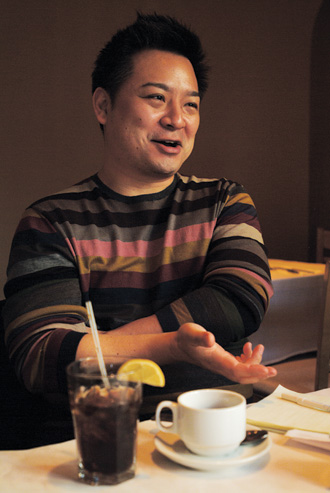By Jason Jaewan Lee
CNN reported that Cho was committed to a mental health facility where he was declared an imminent danger to himself. At the time, however, Cho was not considered a threat to others.
As the media coverage surrounding the Virginia Tech shootings continues, one vital factor seems to have been left out of the discussion: mental health care for Asian Americans. While the media chooses to focus on gun control, school security and the individual psychology of the shooter as causes of the violence, Koreans and Korean Americans express guilt, and certain members of Seung-Hui Cho’s own family appeared to distance themselves from him. All of this further distracts from the heart of the matter: How did Cho fall through the cracks?
The issue of mental health strikes home for me. My brother was recently diagnosed with a form of social anxiety disorder, signs of which he’s exhibited since childhood. This came to light after a court-mandated physiological review. If he did not get regular counseling, he could have been placed in a state correctional facility. For a long time, my parents did not react to his mental health issues in the western sense until they realized that their inaction would lead to his demise. It was then that they began to discuss the issue and encourage my brother to seek counseling.
According to the National Institute of Mental Health, 6 million American men suffer from depression, but like Cho, millions more will suffer silently in the shadows — undiagnosed or unwilling to come forward for treatment. Little research has been done on the response of people of color to mental health treatment; national studies on public health and illness have included few APIs, let alone their ethnic subgroups.
It doesn’t help that many Korean Americans associate mental disorders with biological defect and social unacceptability. As a result, psychiatric services are often avoided altogether and problems are internalized.
If APIs do seek counseling, there are structural challenges to access services, such as lack of health insurance. At 52 percent, Korean Americans have the highest uninsured rate among all ethnicities. And according to the Surgeon General, nearly one out of two APIs will have difficulty accessing mental health treatment because they are limited-English-proficient or cannot find services that accommodate their language.
In addition, the “model minority” myth posits Asians as being able to excel in the mainstream more than other people of color, leading to the false assumption that APIs do not suffer from mental illnesses.
If we are to learn anything from the tragedy at Virginia Tech, it is that mental illness occurs within all communities and that the stigma surrounding the subject needs to be lifted. There also needs to be a premium placed on mental health services that are tailored to the specific needs of each culture and community.
First steps that can be taken are investing research into under-resourced communities, training mental health professionals in cultural sensitivity, educating immigrants about mental illness, broadening the practices in psychiatry to incorporate the belief systems of other cultures, and increasing the representation of mental health professionals from diverse cultures.
Perhaps Cho and his family would have benefited from some of these resources. Moving forward, it is essential that we create an infrastructure where those with mental illness know they are not alone and can get support.
Jason Lee is the former director of immigrant rights for the National Korean American Service & Education Consortium.






